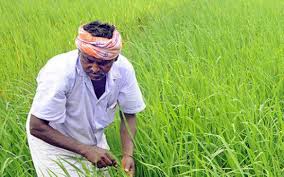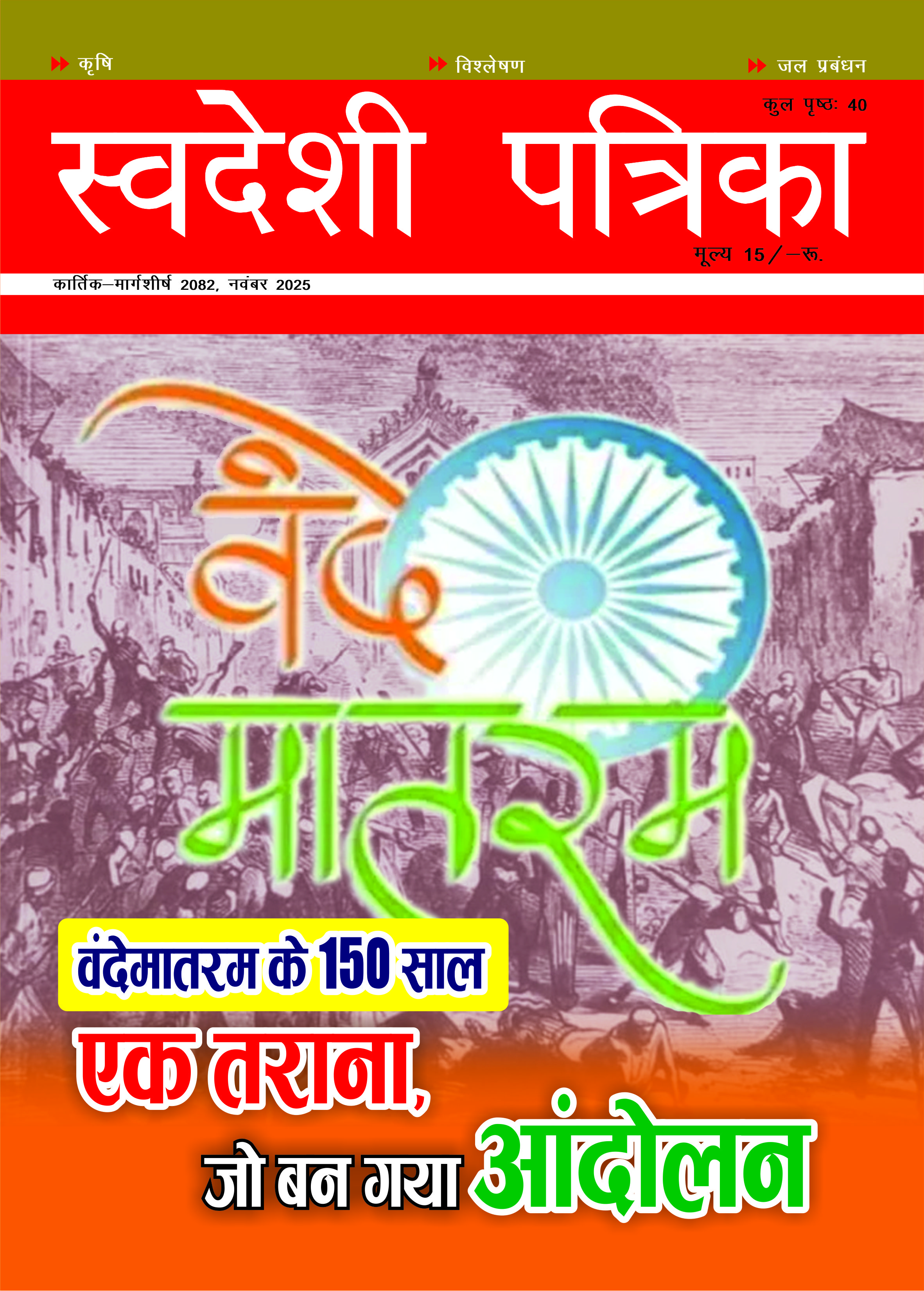
India�s tough stand on Food Security in WTO gets support from UN body
Supporting India’s tough stand at WTO on the food security issue, UN body for development of agriculture IFAD has said ensuring food for its people is more important than creating jobs in certain other nations.
“Creating jobs for some other country, while people are still hungry, doesn’t make sense... If I was in the position of feeding my own family or creating jobs for someone else, what would I do? What would you do?,” International Fund for Agriculture Development President Kanayo Nwanze told the news agency PTI.
“The bottom line is that every Government has the responsibility to ensure that it can feed its own people,” he said while replying to a question whether he supports India’s tough stand in the World Trade Organization.
Echoing similar sentiments, IFAD’s Country Director for India Nigel Brett said India has a big task to feed its people. “You have a population of 1.2 billion people. You have a mammoth task in your hand of feeding people...In this case government has to do everything what it can do to feed its population in the interest...”
India decided last week not to ratify WTO’s Trade Facilitation Agreement (TFA), which is dear to the developed world, without any concrete movement in finding a permanent solution to its public food stock-holding issue for food security purposes.
It has asked WTO to amend the norms for calculating agri subsidies in order to procure foodgrains from farmers at minimum support price and sell that to poor at cheaper rates.
The current WTO norms limit the value of food subsidies at 10 per cent of the total value of foodgrain production. However, the support is calculated at the prices that are over two decades old.
India is asking for a change in the base year (1986-88) for calculating the food subsidies. It wants the change to a more current base year on account of various factors such as inflation and currency movements.
There are apprehensions that once India completely implements its food security programme, it could breach the 10 per cent cap. Breach of the cap may lead to imposition of hefty penalties, if a member country drags India to the WTO. Nwanze is on a 5-day official visit to India to meet various various ministers including Finance Minister Arun Jaitley and Rural Development Minister Nitin Gadkari, to discuss about how rural transformation and gender empowerment and how they are vital for reducing poverty.


